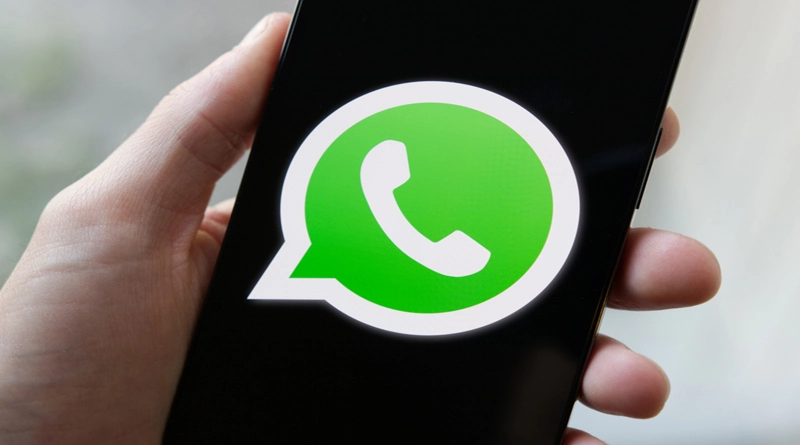Although Meta has had a difficult time recently, WhatsApp Business is picking up the slack for the internet giant.
According to Meta, WhatsApp commercial, the part of the social messaging service targeted for commercial usage, has now topped 200 million monthly active users (MAUs). This is a fourfold increase in users since the programme launched shortly after the epidemic began in 2020.
The positive news comes amid the tech titan’s “year of efficiency,” in which it is working its way through thousands of job cutbacks and a $5 billion reorganisation effort to move away from its largely disastrous excursion into the metaverse.
But what does the future hold for the world’s most popular social messaging app? And what new features can companies be excited about for communicating with customers?
WhatsApp Small Business Users Get New Features
WhatsApp launched its new channels feature earlier this month, allowing small businesses to send one-way announcement-style broadcast messages to groups in a manner similar to how businesses use other applications, such as Telegram, to post news and develop communities.
Meta has now introduced new services such as click-to-WhatsApp advertising that may be put on Facebook and Instagram. Sellers may now instantly develop and post advertising to Meta’s other two social applications from within WhatsApp Business.
This new functionality complements WhatsApp channels, allowing small businesses (the primary target audience for WhatsApp Business) to better incorporate the social messaging service into their sales and marketing efforts.
Other forthcoming features include automatic personalised communications and consumer segmentation, such as providing discount vouchers with “buy now” buttons to new customers.
Meta Is Concentrating on WhatsApp Business for Revenue Generation
Ad revenues, worth $114 billion in 2022, have typically been the source of Meta’s revenue (representing more than 97% of total revenue in ’22). This has primarily come from advertisements on its two major platforms, Facebook and Instagram. This kind of income generation is something Meta has in common with the other tech behemoths.
However, while Meta seeks new revenue streams, it has maintained its focus on money received from paid communications via WhatsApp Business. The firm announced a change to the price model and communications categories in February, including utilities, authentication, marketing, and user-initiated interactions.
Following these developments, the newest slew of new business capabilities is expected to build on Meta’s aspirations for WhatsApp Business. Indeed, during Meta’s 2022 Q3 earnings conference, Zuckerberg stated that click-to-WhatsApp advertisements had exceeded the company’s yearly revenue run rate of $1.5 billion, or an 80% year-on-year growth rate.
According to Mark Zuckerberg, CEO of Meta, which he mentioned last quarter, click-to-message advertisements have hit a revenue run rate of $10 billion. Since then, the number of organisations utilising their second business messaging offering, WhatsApp paid messaging, has increased by 40% quarter over quarter.
This was an important statement because Meta does not typically reveal WhatsApp revenue individually. However, in 2023 Q1, the firm revealed that the commercial arm of the social messaging app saw substantial increase in messaging revenue, implying that more of this is on the way.
What Does the Future Hold for WhatsApp Business?
Zuckerberg has committed billions of dollars on the creation of a metaverse. Meta has had to explore for methods to balance the revenue shortfall as he tries to stake his place in the trending and mysterious web3 sector. This includes expanding WhatsApp, which has been free for users since Meta bought it in 2014.
This follows Meta’s recent difficulties, including a $80 billion write-off as a result of its push into the metaverse and the resulting 21,000 layoffs over the previous six months.
Following these setbacks, it appears that Meta is working furiously to recover, focusing development on the world’s favourite social messaging app and its breakthrough and ongoing introduction to the B2B sector.
WhatsApp has offered business payments on its platform all across the world. Customers in Brazil may now pay merchants straight through the app, and a similar payment option is now available in Singapore.
In the next months, Meta will release the first AI tools for WhatsApp, Facebook, and Instagram, such as ChatGPT-like bot dialogues, to merge the giant tech firm’s own AI technologies into its platforms.


